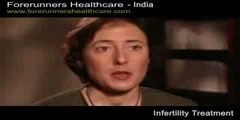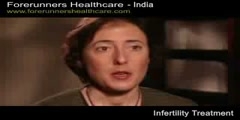Antibiotics - Dangerous or Safe?
Stop Abusing Antibiotics! FRIDAY, SEPTEMBER 26, 2008 Filed under: dangerous or safe In the ninth instalment of her "Dangerous or Safe?" series, paediatrician Dr. Cara Natter son sets the record straight on antibiotics. Getty Images WHAT IS THE QUESTION? The discovery of antibiotics marked one of the major turning points in medical history: For the first time, medicines could fight infections head on. But ... *antibiotics only fight infections *antibiotics only treat one kind of infection: bacterial *each specific antibiotic only fights a few particular bacteria It quickly became a slippery slope to the abuse of antibiotics: *when given "just in case," antibiotics became grossly overused *almost immediately, bacteria evolved strategies to live through the antibiotics -- this then required higher doses and newer formulations *now there are bacteria resistant to almost all antibiotics that exist -- and we cannot come up with new antibiotics fast enough How big a problem is antibiotic resistance? *approximately 2 million people acquire infections while being hospitalized every year, an estimated 90,000 of them die of these infections, and 70% of these bacteria are resistant to at least one drug (and some are resistant to all) *in the community (rather than within the hospital), there are two drug resistant bacteria that have become so ubiquitous, they are widely known by their acronyms: MRSA (methacillin-resistant staphylococcus aureus) VRE (vancomycin-resistant enterococcus) How did we get to this point with resistance? *parents request antibiotics or doctors prescribe them unnecessarily *patients are often noncompliant with their antibiotics (not completing the course or missing a few doses here and there) *we have exposures to antibiotics we don't often think about, like through our food supply (via the use of antibiotics in feed, in plant material, and to proactively ward off infections so that animals can grow big and strong) WHAT IS THE BOTTOM LINE? Antibiotics (along with their preventive counterpart, vaccines) are credited with adding an average of 20 years of lifespan to people living in developed countries. These are not evil medications. When used appropriately, they can be miracle cures. But they haven't always been used appropriately. *doctors need to get better and better at prescribing antibiotics judiciously *consumers should learn to rely upon their doctors to determine when an antibiotic is necessary and appropriate *patients need to learn to follow the prescribed course of an antibiotic, and not adjust it according to their own medical expertise *we should all be working to get antibiotics out of our food supply, working to encourage farmers to stop using antibiotics in farm animals
Channels: Microbiology
Tags: antibiotic
Uploaded by: jamvj ( Send Message ) on 18-07-2009.
Duration: 2m 10s














